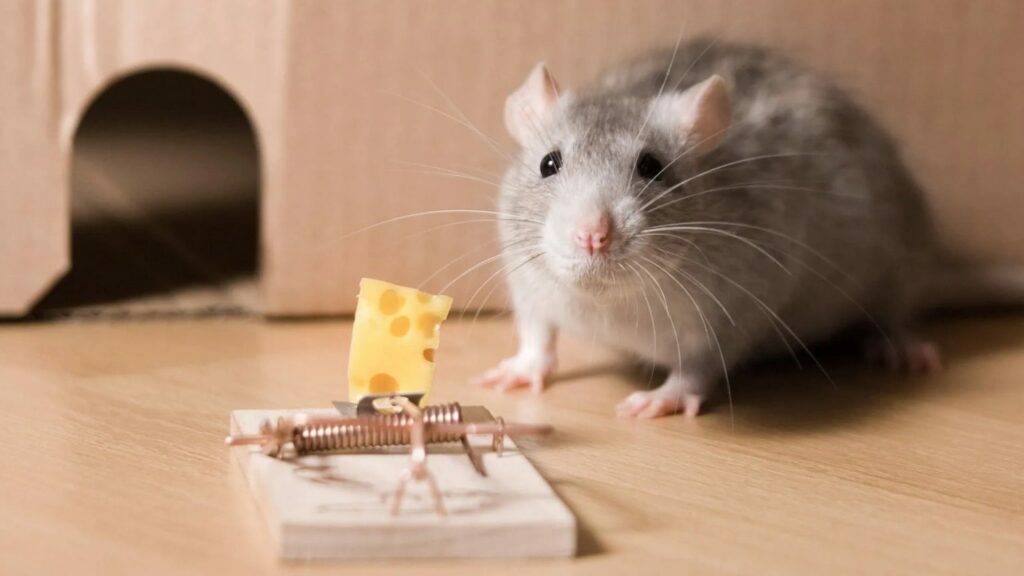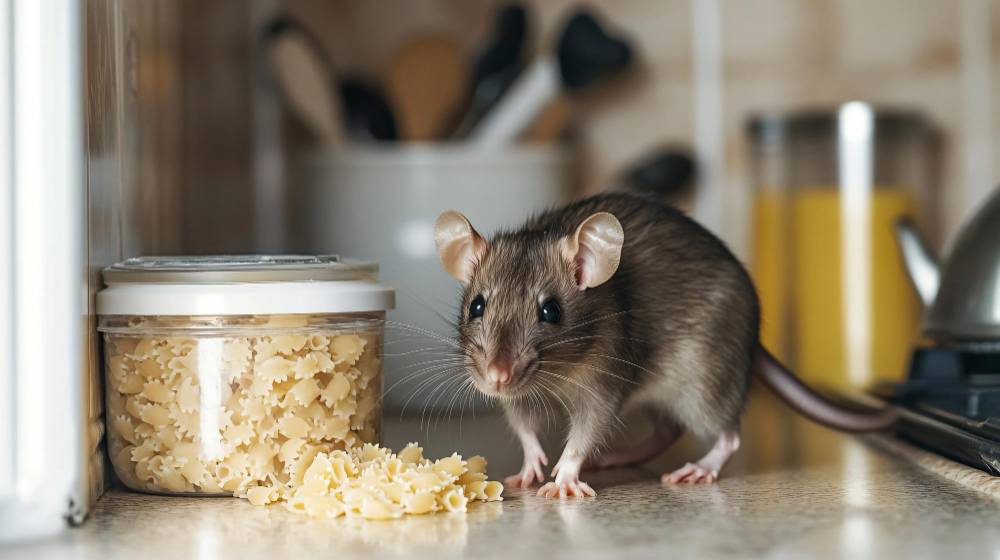Imagine the unsettling sound of scurrying feet within your walls or the unfortunate discovery of chewed wires in your HVAC system. If you're asking yourself, how to block rodents from HVAC, you're not alone. Rodents seeking warmth and shelter often find HVAC systems an inviting refuge. Not only do they cause significant damage, but they also pose health risks by spreading diseases. Acting quickly and effectively is crucial to prevent these unwelcome guests from making your home their own.

Understanding the Invaders: Why Rodents Love HVAC Systems
Rodents, especially mice and rats, are notorious for seeking out warm, hidden spaces to nest, and your HVAC system provides the perfect environment. The dark, warm, and relatively undisturbed inner workings of these systems make them ideal hideouts. Furthermore, HVAC systems often connect to other areas of your home, giving rodents easy access to food and water sources. To learn more about the importance of pest control, visit the Tenant vs Host Pest Control guide.
Signs of Rodent Infestation in Your HVAC System
Before diving into prevention methods, it's crucial to know the signs of a rodent infestation. Common indicators include unusual noises, a strong musky odor, droppings around vent areas, and visible damage to ductwork or insulation. If you notice any of these signs, it's time to take immediate action.
1. Noises and Odors
Rats and mice are nocturnal, so you might hear them at night. Scratching, squeaking, or scampering sounds indicate their presence. Similarly, rodents leave a distinct, unpleasant odor that can permeate your home, a result of their urine, droppings, and nesting materials.
2. Physical Evidence
Look for droppings near vents, in attics, or around HVAC units. Rodents are notorious chewers, so check for gnawed wires or ducts. Damage to insulation is another common sign, as rodents often use it for nesting materials.
Proactive Steps to Prevent Rodent Infestations
It's always better to prevent an infestation than to deal with one. Here are some effective strategies to block rodents from accessing your HVAC system:
Seal Entry Points
Rodents can squeeze through surprisingly small gaps. Inspect your home's exterior and seal any cracks or openings larger than a quarter inch. Pay special attention to areas where utility lines enter your home. Use steel wool or wire mesh as these materials are difficult for rodents to chew through.
Install Vent Covers
Protective vent covers are essential. Ensure that all external vents are covered with a sturdy mesh material. This prevents rodents from entering while still allowing airflow. For more detailed DIY tips, check out DIY Smart Pest Monitoring.
Regular HVAC Maintenance
Regular maintenance of your HVAC system can prevent rodent infestations. Having a professional inspect and clean your system annually can help identify potential issues early. They can also advise on any necessary repairs or enhancements to prevent rodent entry.
Landscaping Tips
Trim back trees and shrubs near your home to reduce rodent access points. Overhanging branches can serve as highways for rodents, allowing them easy access to your roof and HVAC system.
What to Do If You Already Have an Infestation
If you've discovered rodents in your HVAC system, immediate action is necessary. Consider consulting a pest control professional for effective removal. They have the expertise to safely and efficiently remove rodents and can offer advice on preventing future infestations. For more guidance on dealing with pests in unique situations, visit Maintaining a Pest-Free Airbnb.
Conclusion: Protect Your Home
Keeping your home rodent-free requires vigilance and proactive measures. By sealing entry points, maintaining your HVAC system, and staying aware of signs of infestation, you can effectively block rodents from your home. Remember, the sooner you act, the less damage these pests can cause.

FAQ Section
How often should I inspect my HVAC system for rodents?
It's recommended to inspect your HVAC system at least twice a year. Regular inspections can help spot early signs of infestation before they become severe.
Can rodents cause significant damage to HVAC systems?
Yes, rodents can cause considerable damage by chewing through wires, ducts, and insulation, leading to costly repairs and inefficiencies in your system.
Is professional pest control necessary to block rodents?
While DIY methods can be effective, professional pest control services offer expertise and comprehensive solutions that ensure your home is safe from infestations.
